A Continued Commitment to Community
Diverse: Issues in Higher Education
OCTOBER 1, 2023
The students usually report back to us where they are employed. In addition to students who find excellent jobs after graduating from a four-year institution, some EPW alumni are pursuing graduate studies. “I The four-year graduation rate for Latino students in the major is approximately 88%. The program offers a B.A.

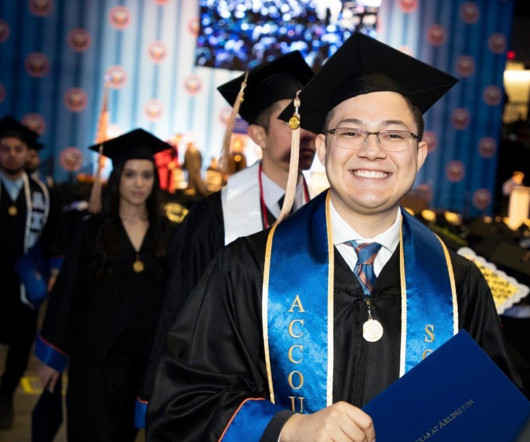
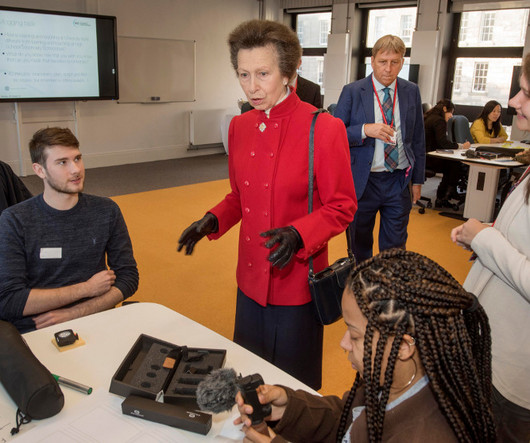

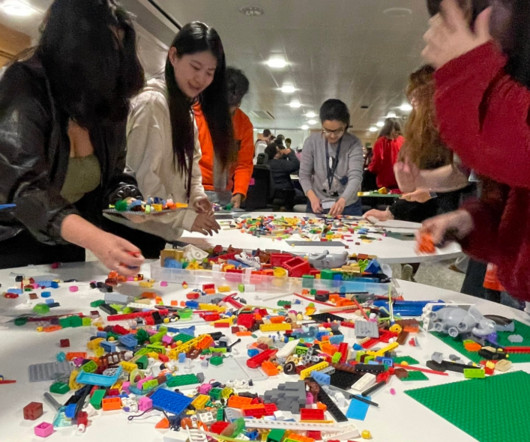
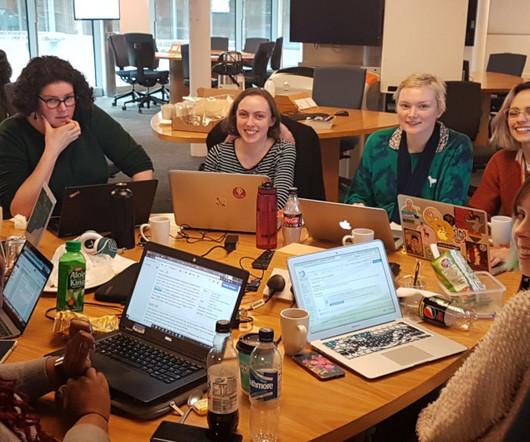


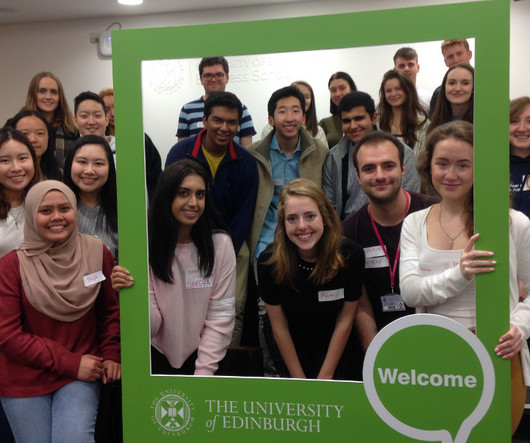

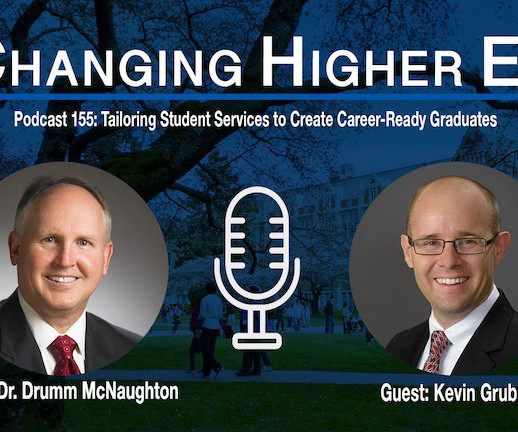
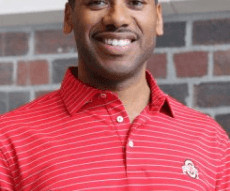






Let's personalize your content